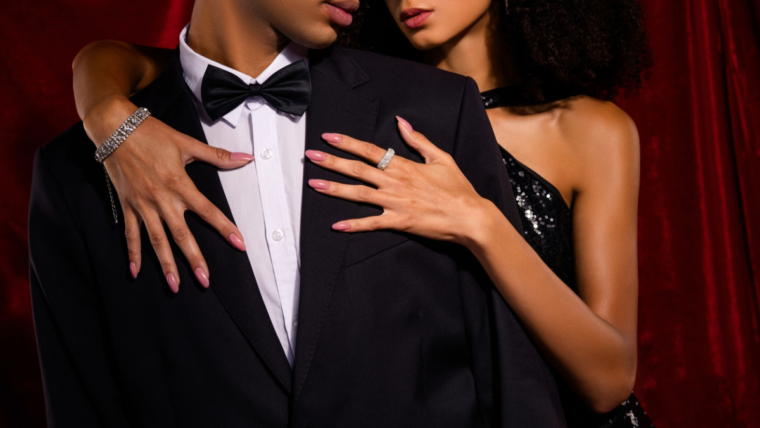If you’ve ever felt like your afro hair refuses to cooperate (no matter how many products promise miracles), you’re not alone. Because let’s be honest, every coil and curl tells a story, yet so many of us have spent years trying to “fix” what was never broken in the first place.
Our hair is stunningly versatile, full of depth and character, but it demands care on its own terms. The dryness that never seems to fade, the shrinkage that steals your length, and that infamous wash day that turns into an all-day ritual. We’ve all been there. Your hair is a crown, yes, but one that comes with a manual many of us were never taught to read.
And trust me, I know that story intimately. Growing up, I often heard that African hair doesn’t grow long, and my own 4C curls seemed determined to prove that myth true. They’d coil so tightly they’d shrink into a soft puff, defying every length goal I set. I’d twist, condition, moisturise, and still watch the stretch disappear the moment humidity entered the chat. It was frustrating. Until I realised the problem wasn’t my hair. The problem was the narrative around it.
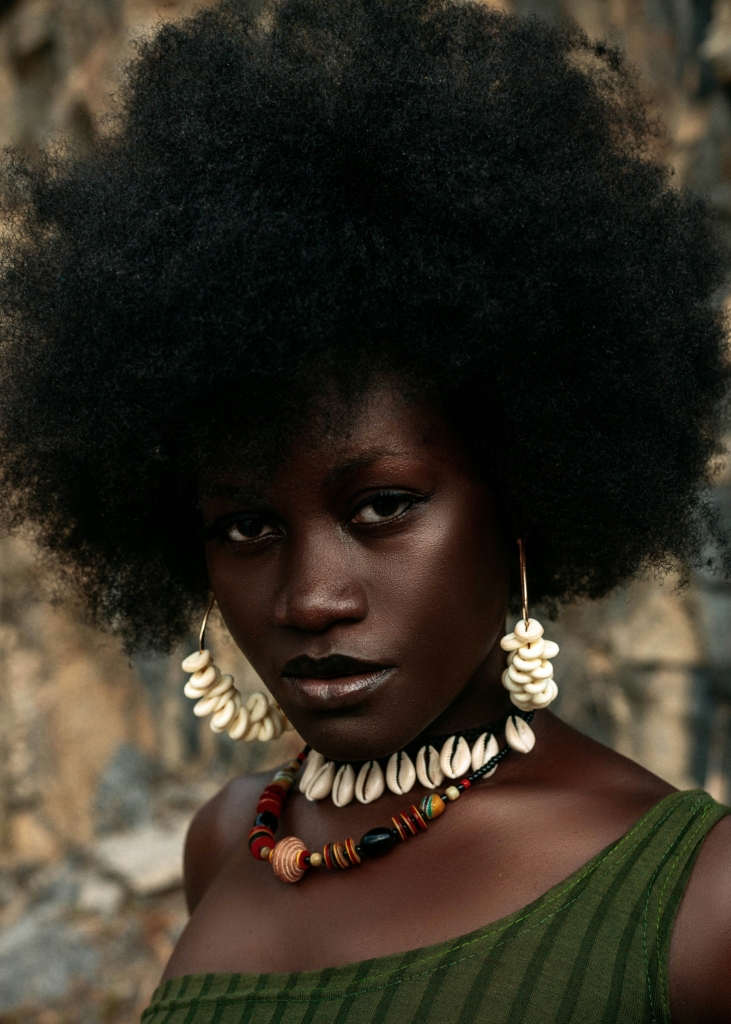
The Science Behind African Hair and Why Our Curls Behave the Way They Do
Now, here’s the thing: African hair isn’t fragile; it’s extraordinary. Every strand is a small miracle of design. Our hair grows from oval-shaped follicles that naturally form twists as they emerge; and that’s what gives our hair its signature coils and kinks. But those beautiful curves also make it harder for the scalp’s natural oils to travel down each strand. That’s why our hair feels dry more often than not.
Think of moisture as a long-distance traveller. For straight hair, it’s a smooth highway; for coils, it’s an obstacle course filled with bends and turns. So, instead of expecting quick fixes, think of hydration as an ongoing relationship. Not a one-time event.
And here’s where hair porosity comes in. By the way, don’t let the word intimidate you — it’s simply about how well your hair absorbs and holds moisture. If water just sits on your strands and your products take ages to soak in, that’s low porosity hair. You’ll thrive with lightweight, water-based products that don’t suffocate your strands.
On the other hand, if your hair dries in record time and still feels rough, that’s high porosity hair — meaning the cuticles are open and need heavier oils or butters to lock in hydration. In other words, once you understand your hair’s porosity, you can finally stop playing product roulette and start giving your hair exactly what it’s been asking for all along.
And honestly, that’s when everything changes. You stop chasing viral trends and start building a relationship with your own texture. A relationship that feels intentional, not experimental.
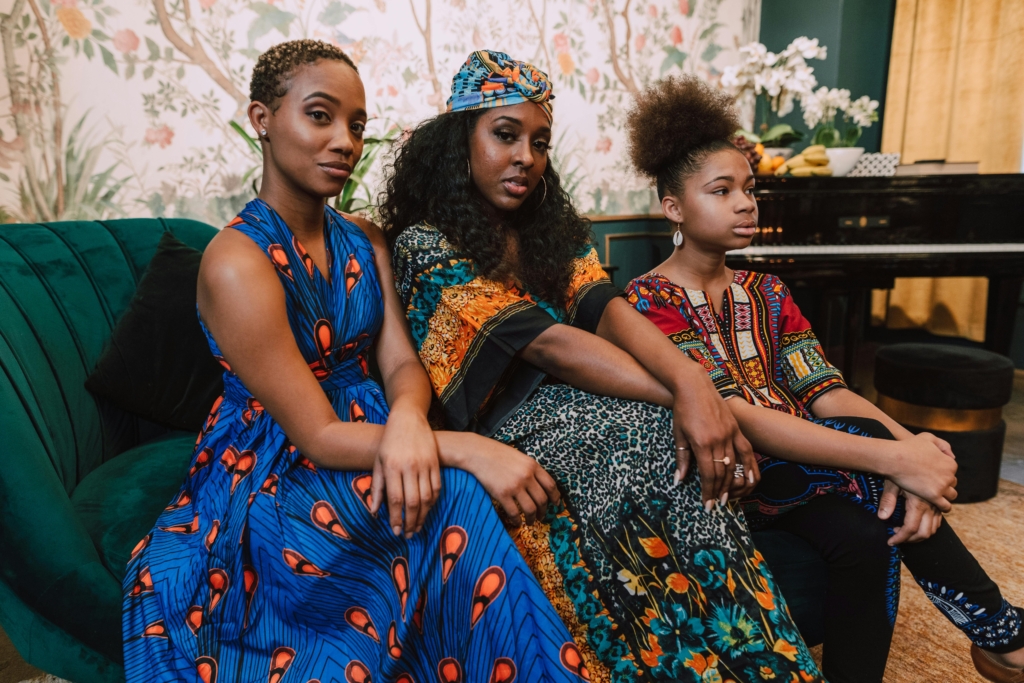
The Untold History of Afro Hair, From Cultural Power to Modern Pride
But to be frank, caring for Afro hair isn’t only about science. It’s also about memory. To love your hair fully, you’ve got to understand the history living inside it.
Before colonisation, African hair was a language in itself. Each style told a story — of tribe, lineage, spirituality, and identity. Shea butter, coconut oil, and clay weren’t trendy ingredients; they were ancestral wellness tools. Even cornrows weren’t just beautiful — they were symbolic, sometimes even secret maps used by enslaved people to plan escape routes. Imagine that level of ingenuity and resilience woven right into your hair.
Then came the interruption. The arrival of colonisation and slavery stripped our hair of its dignity. Natural textures were branded “unprofessional” or “unkempt,” and Eurocentric ideals became the measure of beauty. Straight hair wasn’t just preferred. It was weaponised as a marker of acceptance. Chemical relaxers and straighteners weren’t vanity; they were survival.
That said, even under immense pressure, our culture of care persisted, quietly passed from hands to daughters, from braids to memory.
By the 1960s, everything shifted again. The Black Pride Movement turned hair into a political act — a radical, visual statement that screamed I am enough, exactly as I am. The Afro wasn’t just a hairstyle; it was a manifesto. That same spirit lives on today in the natural hair movement, from the bold big chops to the quiet confidence of a twist-out worn to the office. So when you think about it, every coil we nurture is a conversation with history. Both defiance and remembrance rolled into one.
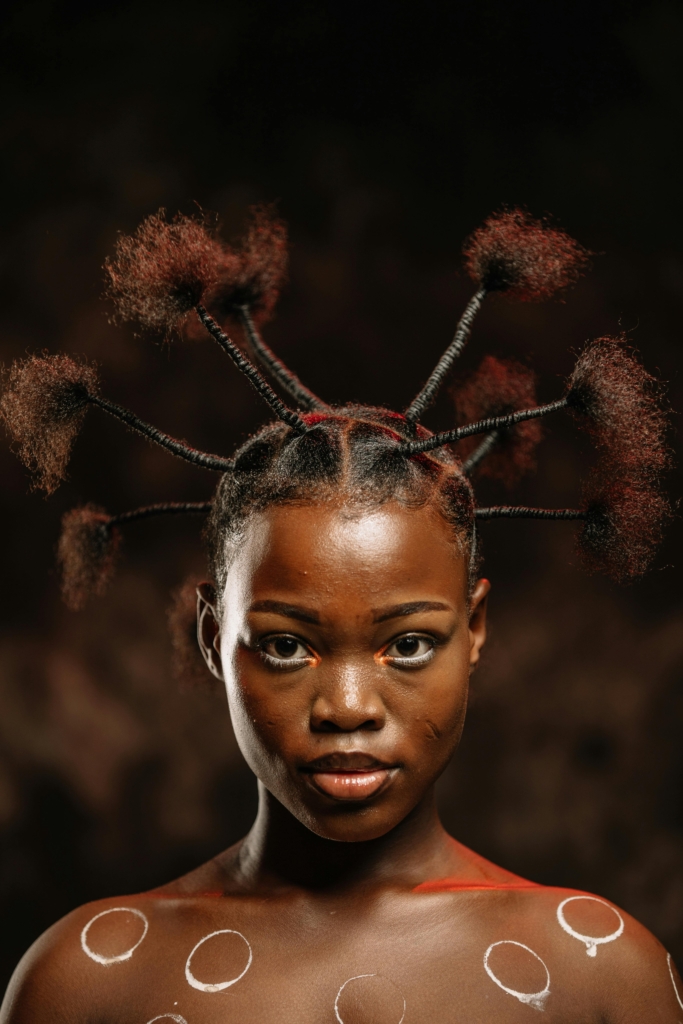
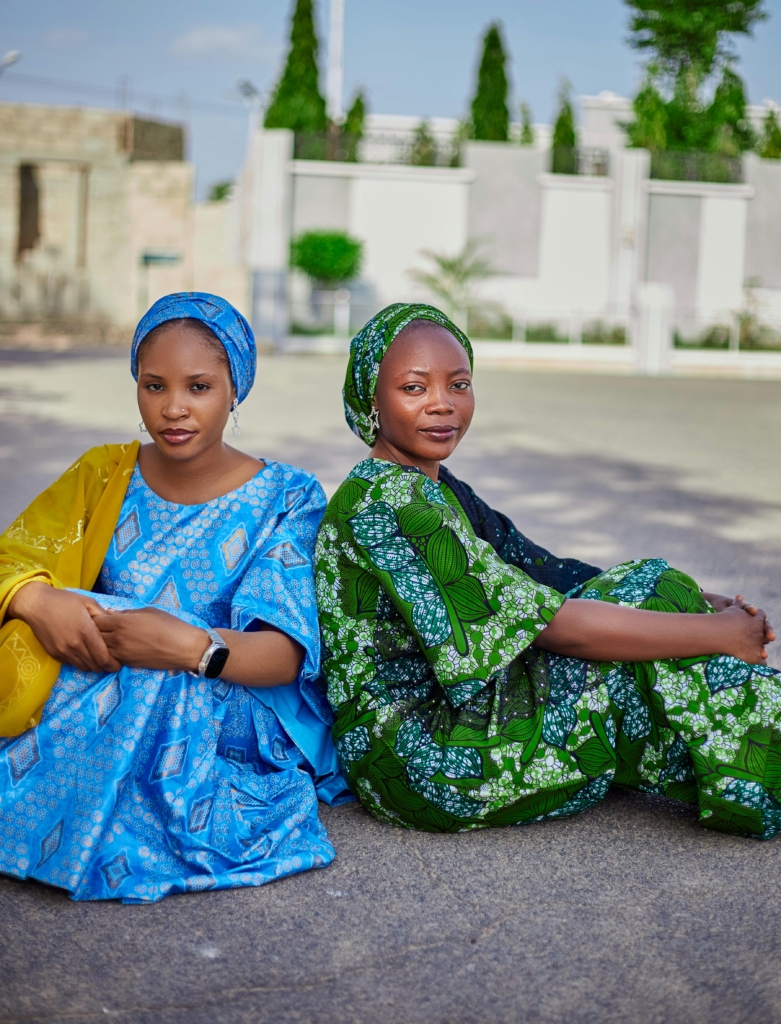
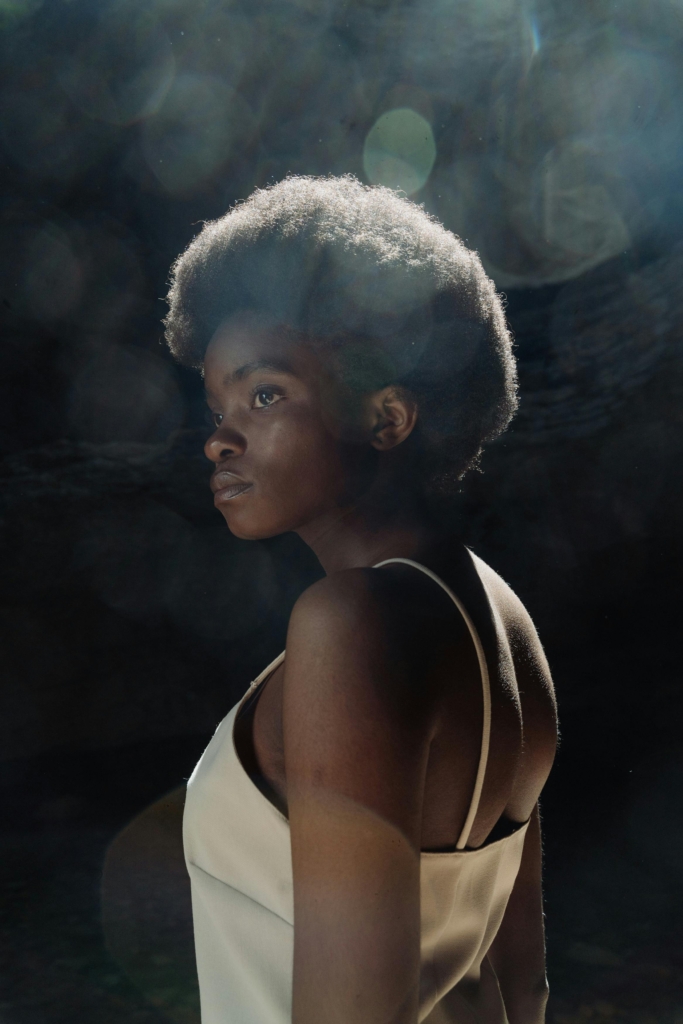
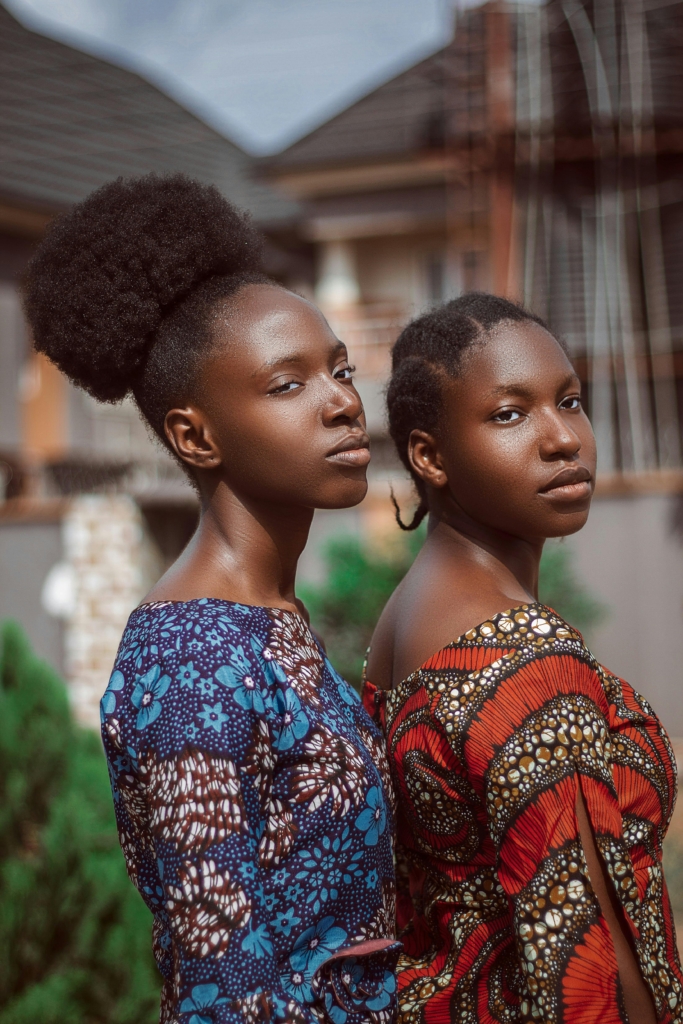
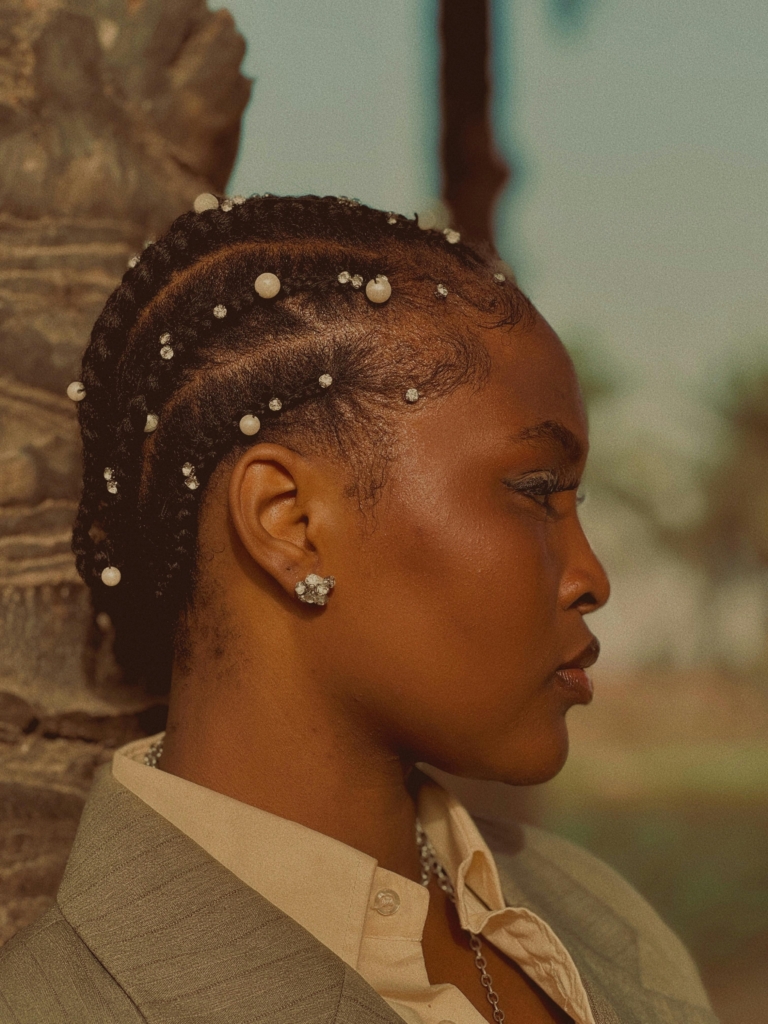
Modern African Hair Care
Here’s the beautiful part; true African hair care isn’t about hunting down the latest miracle product. It’s about reconnecting with the wisdom our ancestors mastered, while blending it with what modern science confirms.
Our grandmothers knew the importance of moisture long before the beauty industry made it a buzzword. They avoided harsh soaps, wrapped their hair protectively, and used natural oils as a daily ritual. Today, that same principle has a name. The LOC method: Liquid, Oil, Cream.
To put it simply, start with a water-based mist, follow up with a nourishing oil, and seal it all with a rich cream or butter. Easy, timeless, and effective.
And speaking of protection, protective styles are more than just convenient. They’re a continuation of our heritage. Braids, twists, cornrows. They all help preserve length and shield fragile ends. Just remember, tight isn’t right. A neat braid shouldn’t hurt. Prep your hair with moisture first, hydrate your scalp throughout, and never skip your silk or satin scarf at night. Think of it as your nightly act of devotion to your crown.
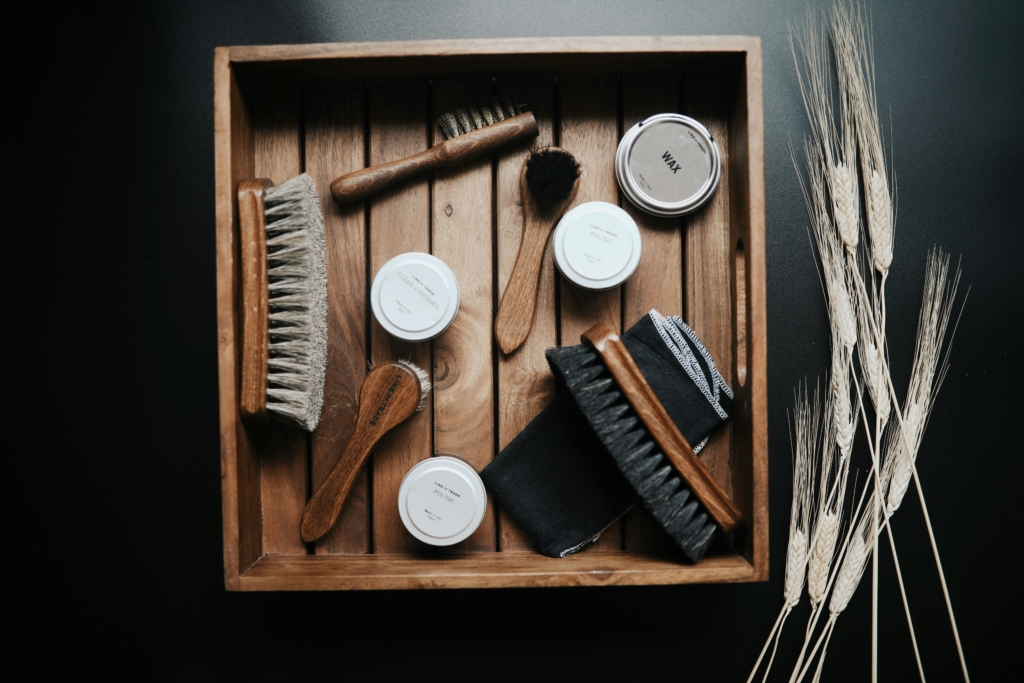
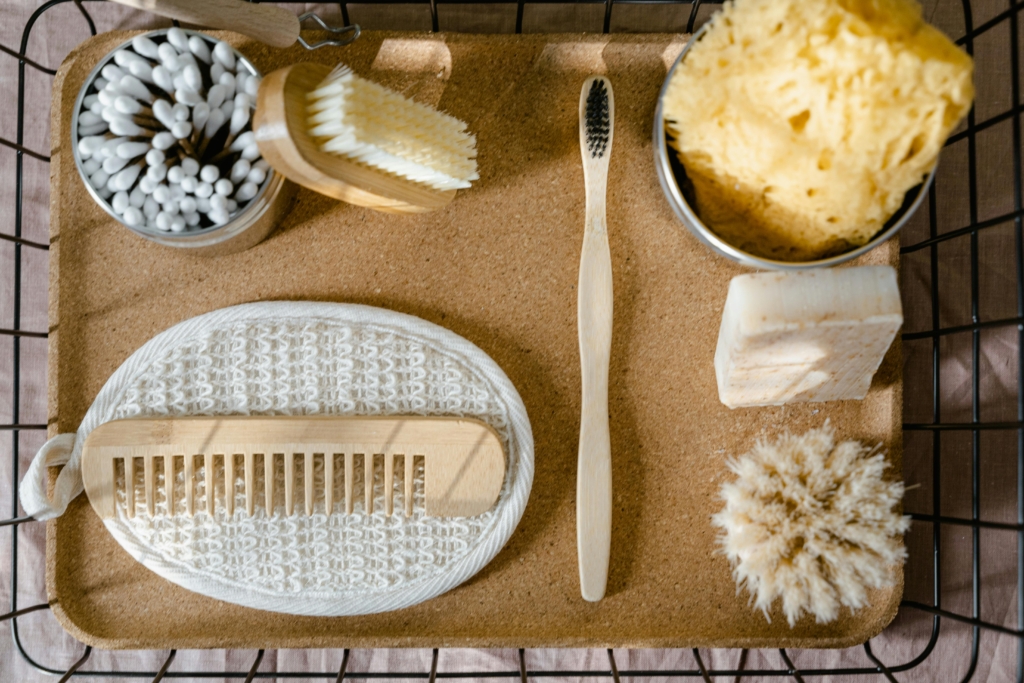
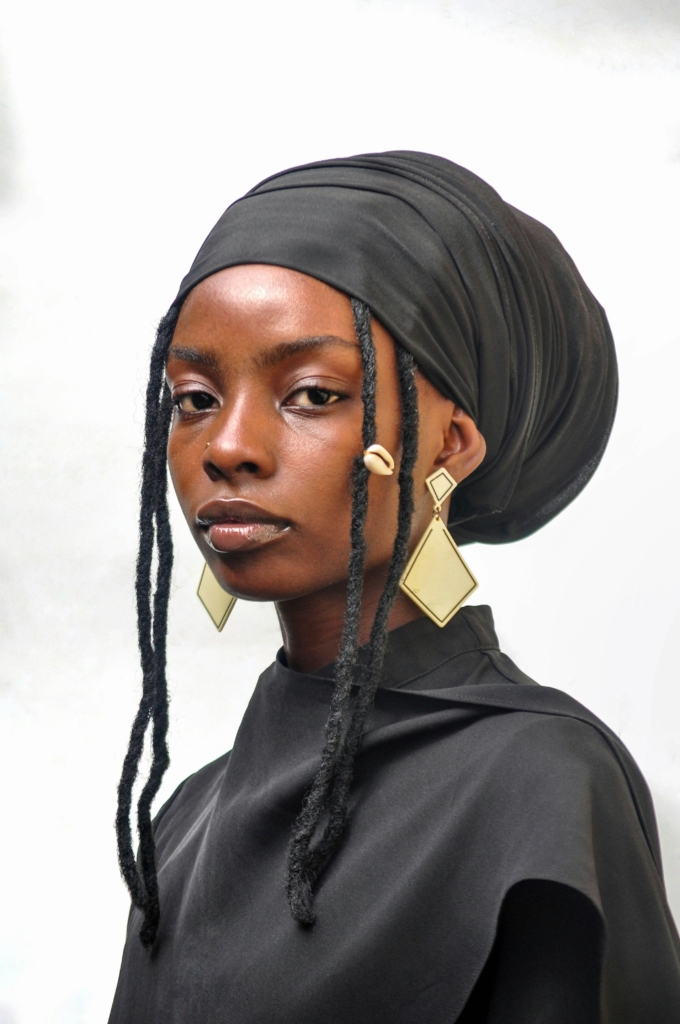
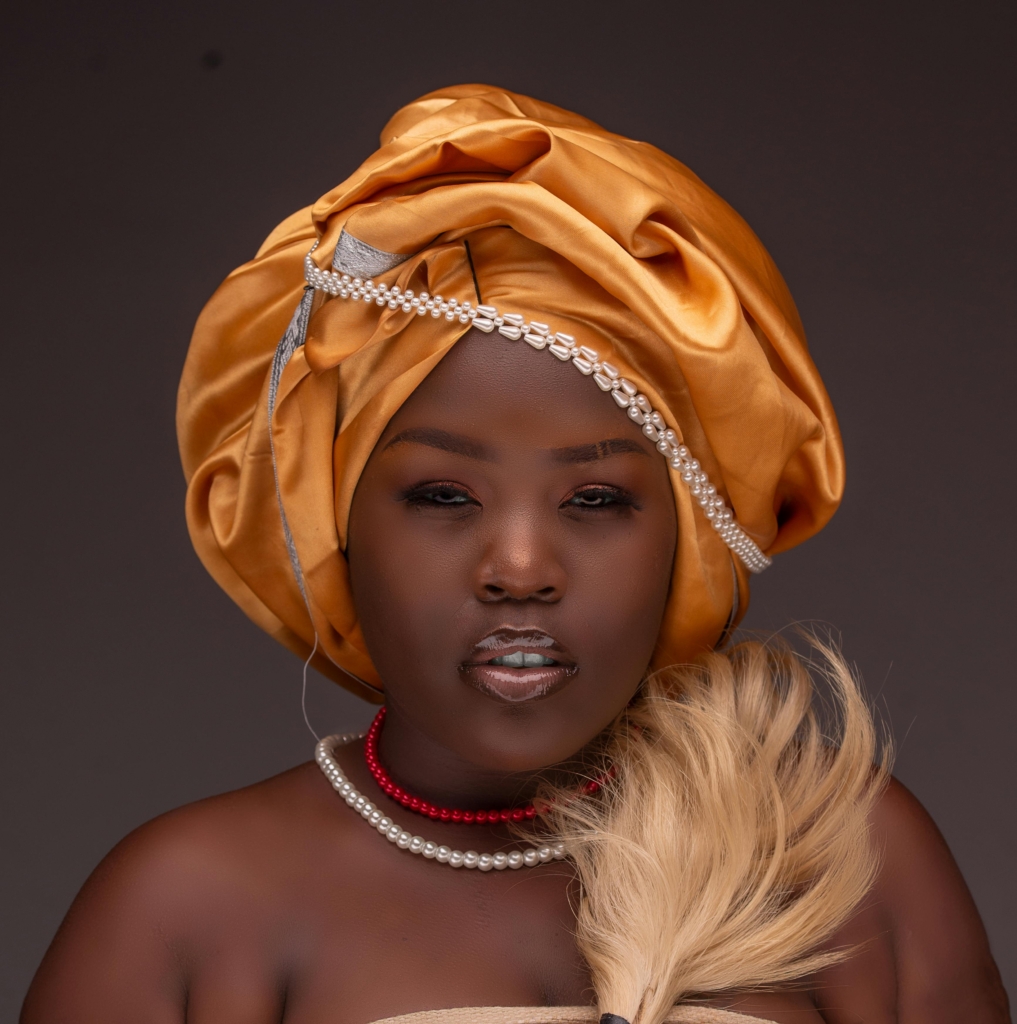
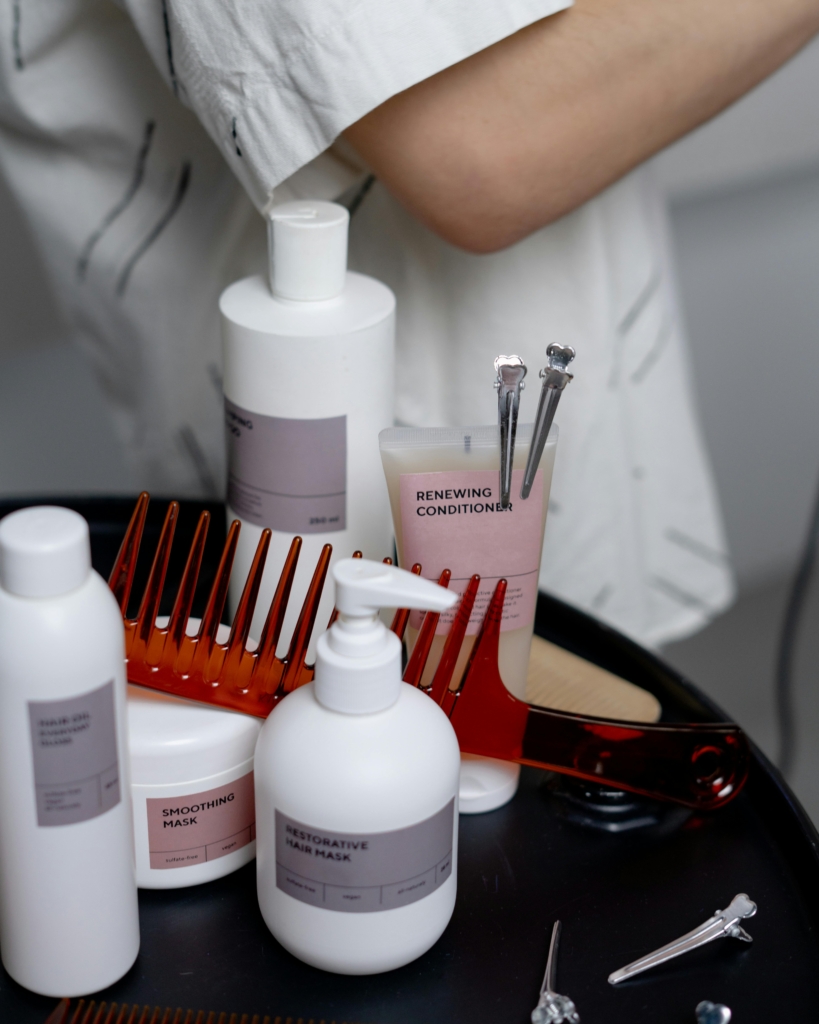
By the way, detangling deserves its own moment too. Always finger-detangle first, work in sections, and start from the ends. Not the roots. Because yes, your hair is strong, but it also remembers how it’s treated. Handle it with patience, and it will reward you in return.
Embracing Your Natural Afro Hair with Confidence
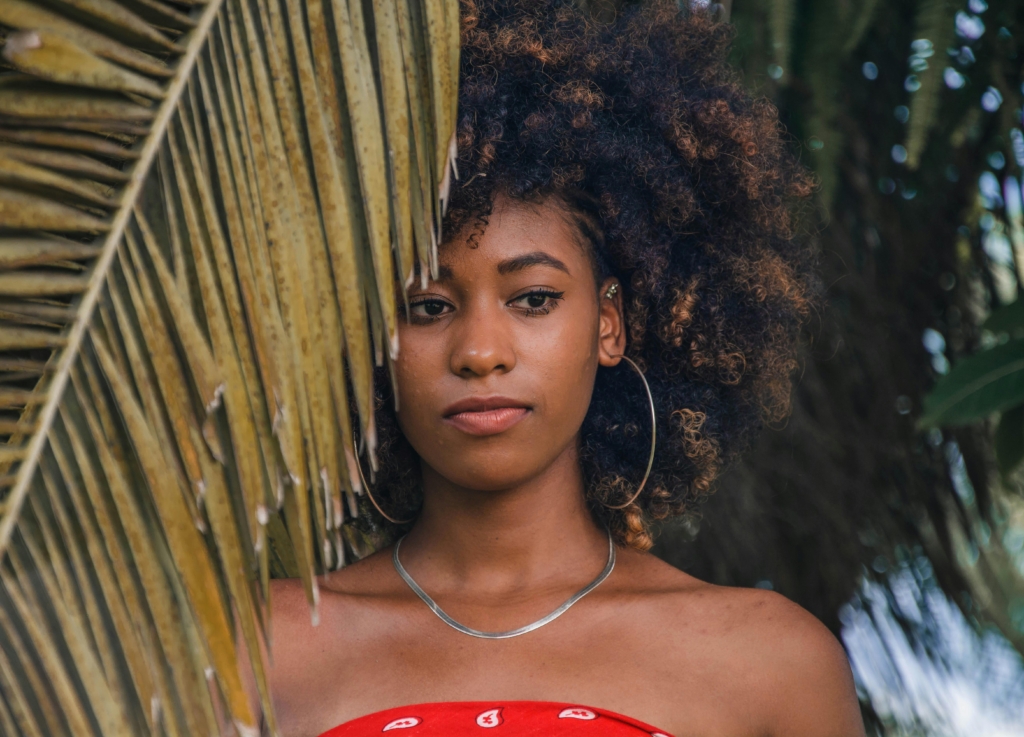
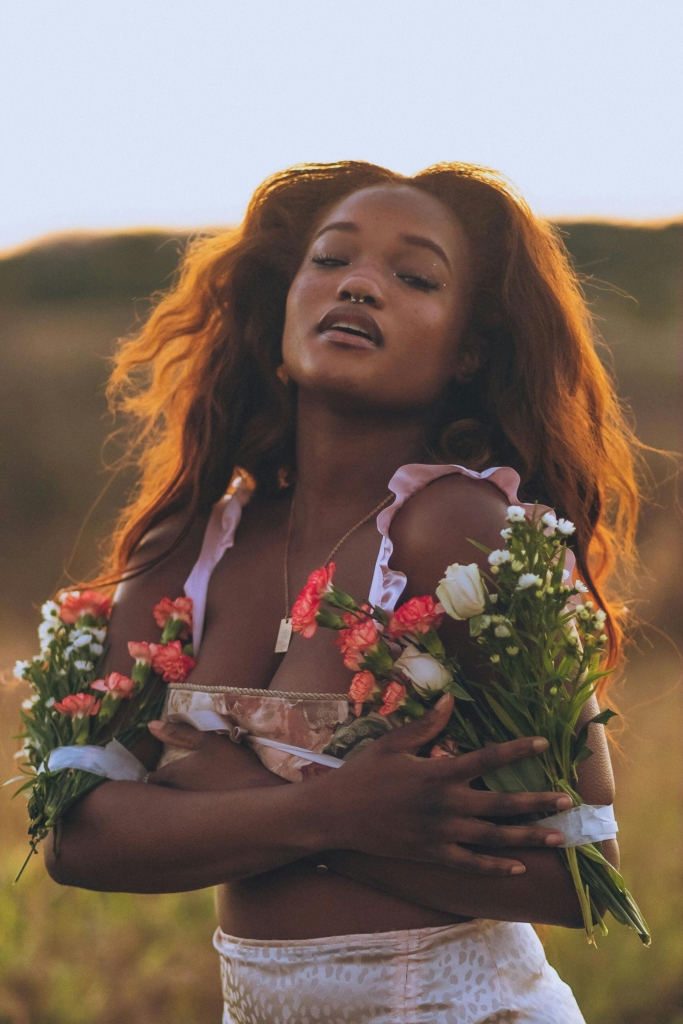
At some point, you stop trying to make your hair behave like anyone else’s — and that’s when the real transformation begins. Afro hair isn’t a problem to solve; it’s a legacy to honour.
Each strand you nurture is a thread of resilience. A living story of artistry, strength, and identity that spans generations. When you moisturise, twist, or wrap your hair, you’re not just styling. You’re participating in something sacred.
And yes, there will be days when shrinkage steals your length or your twist-out decides to freestyle. But that’s okay. Take a breath, adjust your scarf, and smile. Because this hair — your hair — has history, power, and unmatched beauty.
So here’s your gentle reminder: your crown isn’t a burden. It’s your birthright. Wear it boldly, proudly, and unapologetically. The world will adjust.
About the Author:
Faith Asami is a Communications major at Embu University and a passionate writer exploring the vast landscape of African beauty. From the science of our hair to the rituals of our skin, her work celebrates the heritage and innovation that defines modern African aesthetics.


